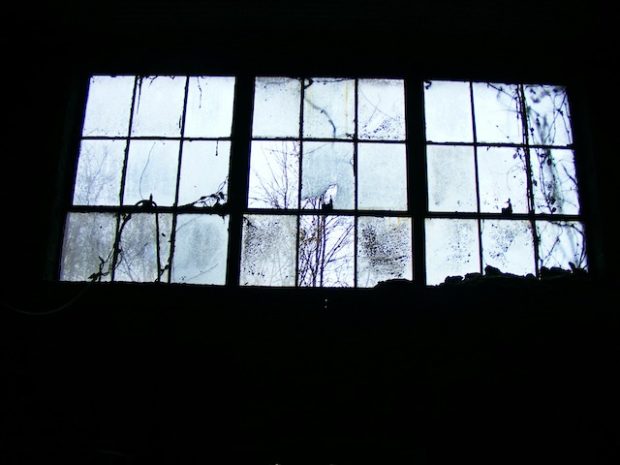You have no items in your cart. Want to get some nice things?
Go shopping
Everything changes in an instant. Moving quickly, ink-stained clusters of low clouds chase luminous, airy volumes of sunlight out of the sky. Glacial discharges ignite the upturned bowl of the approaching rainstorm with pale fire; distant thunders clatter behind the scenes. Suddenly, it smells like river, of dust and depths. The next moment, a dazzling flash connects the nearest roofs with the ornate, translucent inside of the overcast; a deafening boom detonates through the neighbourhood. Torrents of water descend on the city at once; the wind spins and whips this deluge into dense gradients sweeping through trees, enveloping houses, trailing along the street. Soon, it all drowns in the wild maelstrom of the elements; total chaos consumes everything.
It is good to be at home at such moments, to find yourself in a dry, warm place fully isolated from the pandemonium outside. It is strangely satisfying — to feel vanishingly small, lonely, and utterly insignificant, truly a speck of dust lost in the cataclysm of planetary proportions, while watching all this uproar from behind the windowpane very much like an astronaut witnessing the end of days from the safe confines of a sky lab receding into infinity.
And then you see another human being — a naked man running across the street and, after a second — a woman in her underwear following him with a garden shovel in her hands. The woman is screaming something but you can’t hear the words. In this woman, you recognise your neighbour Claire, a lawyer. She is about forty and she recently told you how difficult it was to find a decent person to date and, possibly, marry. She is barefoot; her luxurious blond mane is quickly getting wet.
Desperately pressing the button of his car remote, the man sprints towards a new white Vauxhall parked across the street. The car flashes the headlights in response and the man quickly crawls inside and slams the door shut. Claire tugs wildly at the door handles. A moment later, she smashes the windshield of the car with her weapon.
Watching her doing this, you feel how everything changes again. The order, the stable, familiar hierarchy of things returns. Violent cosmos recedes; relentless chaos subsides. Humanity doesn’t look immaterial anymore; on the contrary, human life appears tremendously substantial now, full of meaning, power, and intent, central to the vast design of reality. With their frenetic activity, these two people seem to justify the existence of the entire Universe around them.
The windshield of the car is destroyed; the rain is pouring inside through the dark gap. The hood is covered in dents. Visibly exhausted, Claire walks back home. You wait for a couple of minutes but nothing else is happening outside. The wind ceases; heavy rain keeps pounding the street and the roofs of the cars.
You wait a bit more; then you return to your book and a cup of tea.

About Sergey Bolmat
Sergey Bolmat published his first novel in Russia to great critical acclaim. To date, he has published three novels, two collections of short stories, many articles and essays in various periodicals, and a biography of Nikolay Chernyshevsky. Some of these books were shortlisted for literary awards, translated into many European languages, adapted for radio, and optioned and developed for film. His short stories written in English appeared in such publications as The Higgs Weldon and The Willesden Herald.





Such the great article here i really like it so need to seen get help file explorer windows 10 easily for access the setting all.